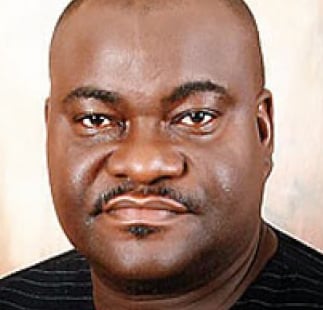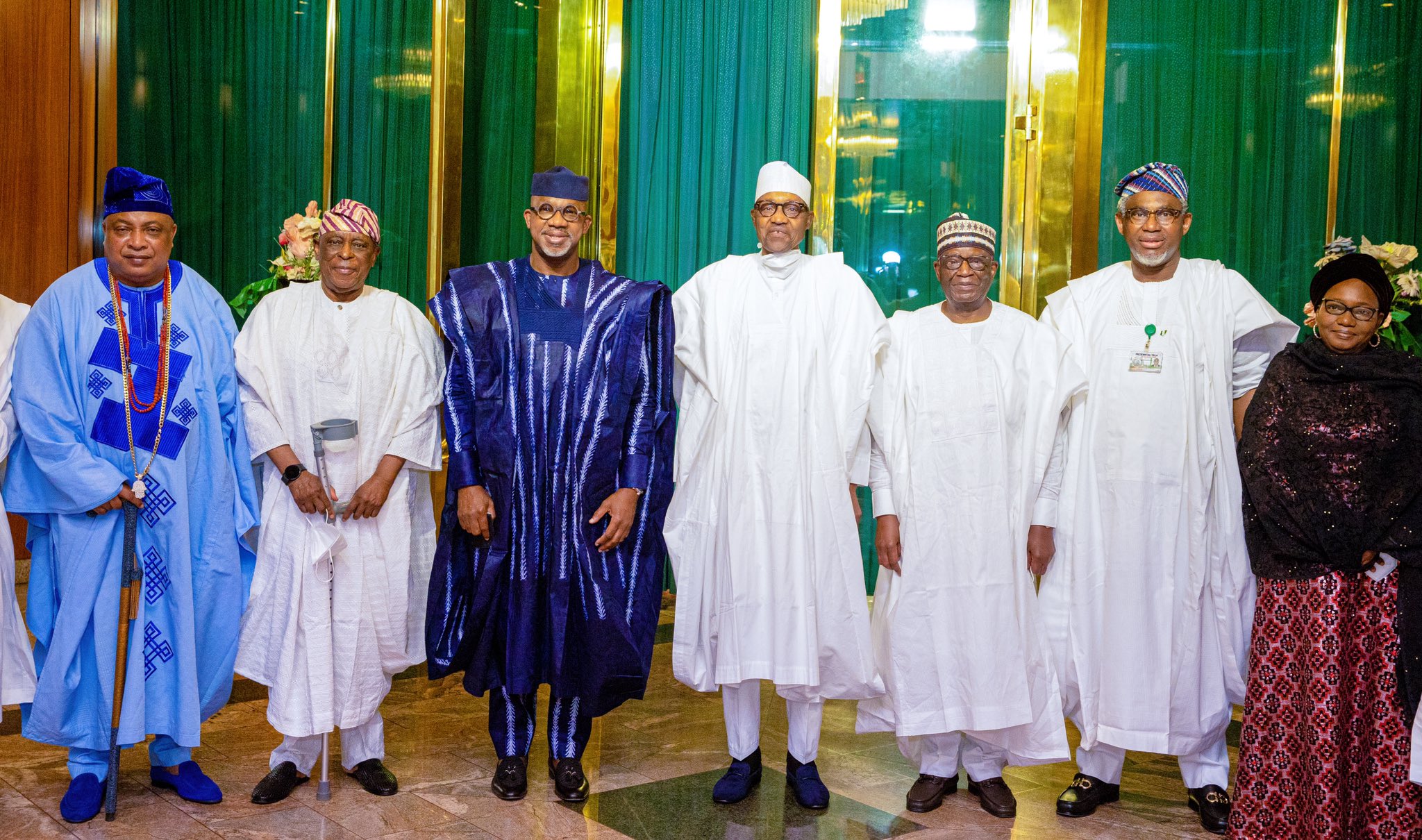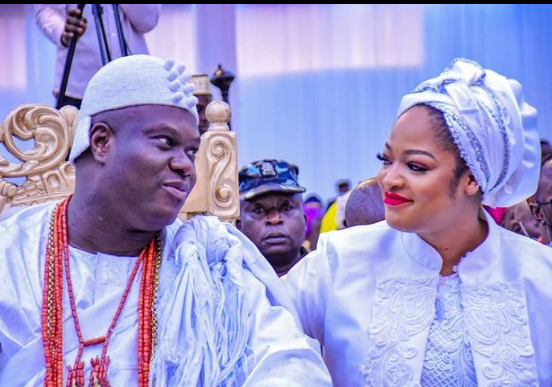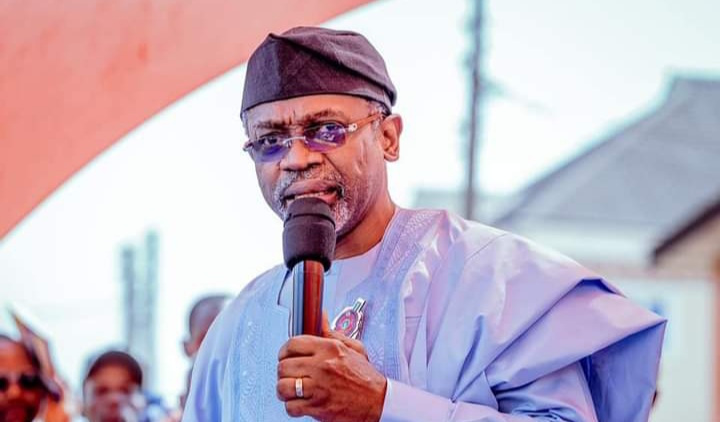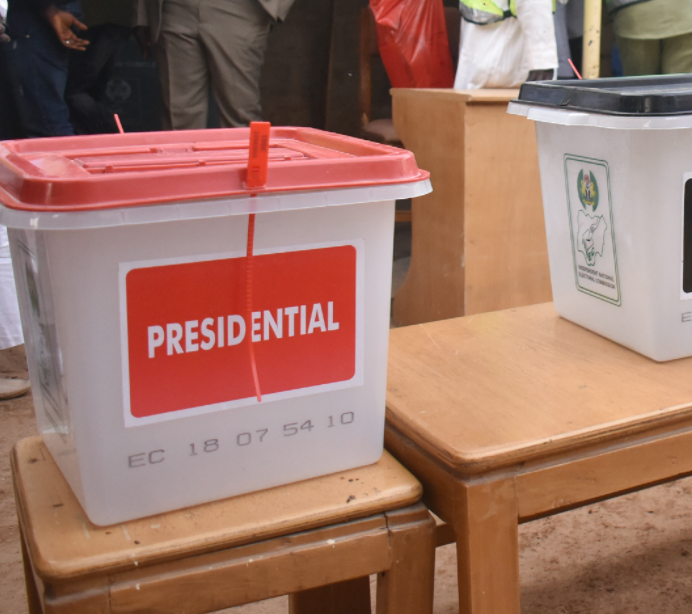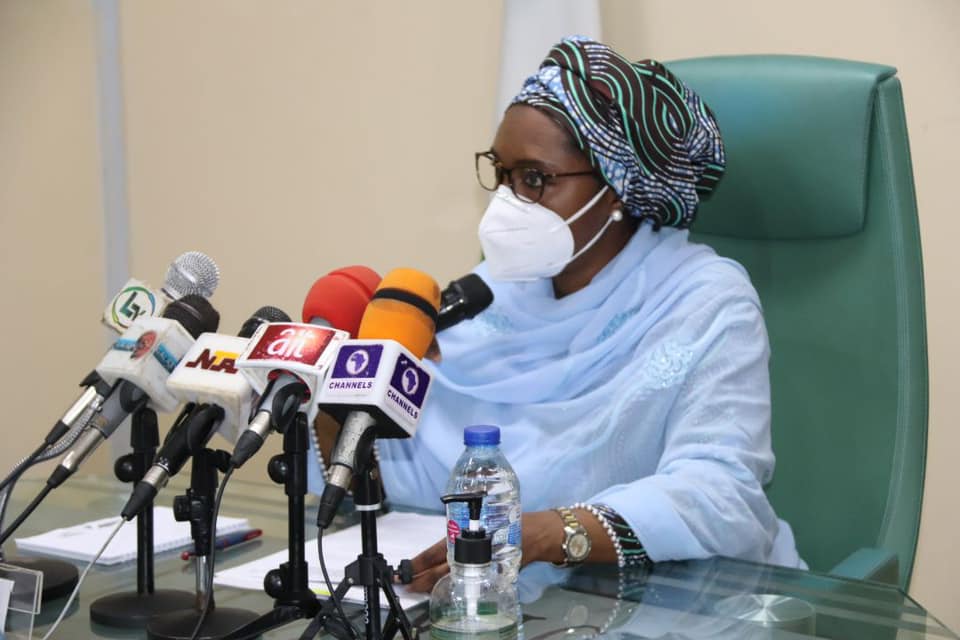If you are very familiar with the person of Onyema Ugochukwu, one of Nigeria’s most respected journalists who also served as pioneer chairman of the Niger Delta Development Commission, (NDDC), you will know he is a gentleman to the core. For the littlest thing you do for him, Ugochukwu tells you “thank you”. It could also be “I appreciate.” You’ll think he’s an oyinbo man. And this is not minding the fact that he’s striding steadily to the ranks of Nigeria’s octogenarians. Indeed, this unassuming, urbane, cerebral and versatile personality typically sees off his guests to their cars, irrespective of whether they are older, as old, or younger than him.
When he served as executive director in-charge of manpower development, (ED, MD) and later publications (ED, P) of the Daily Times of Nigeria Plc, Ugochukwu had a very busy schedule. In addition to his official brief which involved personnel management and capacity building, he was also a member of the Nigerian Stock Exchange (NSE) and the Nigerian Council for Management Development (CMD). He also led the Lagos chapter of the alumni association of his alma mater, the University of Nigeria, Nsukka (UNN). There was therefore, very understandable human traffic in and out of his office. And he was never tired of playing the good host.
One of those days at the Kakawa, Lagos multi-floor headquarters of the Daily Times, Ugochukwu received a ‘big man’ guest from the elevator. Not too long after, he had to see off another VIP at the disembarkation point of the elevator. On these twin visits within the span of a few minutes, Ugochukwu noticed that he ran into a colleague of his going in and coming out of the elevator, all by himself, each time he had business around the place. A curious Ugochukwu asked him, out of concern: “I hope everything is okay. I’ve seen you going into and coming out of the elevator so quickly within minutes this afternoon”. Ugochukwu was shocked by the reply he got from his colleague, who replied: “I had to quickly check something with the women selling drinks outside our premises. I think my messenger has been cheating me for sometime now. Whenever he’s not at work, a bottle of Coca-Cola costs less than when he is on duty. I’ve caught him by the wrist today!”
An exasperated Ugochukwu replied: “Jesus! You’ve been going up and down the lift all because of that, because of the price of Coke? But you are wasting executive time. This is unheard of”. Ugochukwu’s colleague was mute, brow-beaten like a schoolboy who had just been spanked for misconduct by his teacher as both men walked the corridor of the executive floor, quietly, each of them making a detour at the wing of his office. For Ugochukwu, the time spent by his colleague hopping in and out of the elevator like an excited child could have been productively deployed in doing other more tangible things.
Advertisement
This incident, particularly the kernel of Ugochukwu’s admonition to his colleague during that memorable incident, has been playing around my mind, since I saw the images and videos of the recent visit of Dapo Abiodun, governor of Ogun state, and a team of elders who paid a visit to President Muhammadu Buhari last week. Also on that delegation was our venerable, octogenarian Olusegun Osoba, a most highly regarded journalist, administrator and former governor of Ogun state; chairman of the Ogun state council of traditional rulers, Oba Babatunde Ajayi; Salimot Badru, a former deputy governor and Suleiman Adegunwa, a foremost industrialist. The delegation was in Aso Villa to convey the gratitude of the people of Ogun state to the president for visiting the state on Thursday, January 13, 2022.
On that occasion, Abiodun’s colleagues, particularly from the south-west, rallied round him to receive the president. Kayode Fayemi of Ekiti state, Rotimi Akeredolu (Ondo), Babajide Sanwo-Olu (Lagos), Gboyega Oyetola (Osun) and Rauf Olaniyan (Oyo state deputy governor), joined in solidarity. In the name of joining their colleague to host the president that day, therefore, a virtual public holiday was declared in the states of jurisdiction of these governors. For a fact, practically nothing gets done in most Nigerian states when the governor is away.
Former Ogun state governors led by Osoba, Gbenga Daniel and Ibikunle Amosun, as well as the caretaker chairman of the All Progressives Congress (APC) and Yobe state governor, Mai Mala Buni, were also on the welcome party. In the last two years, Buni has been floating across the country on his ad hoc assignment practically abdicating his core responsibilities in Damaturu as the state drifts in autopilot. Buni is in good company though, because some of his colleagues have long relocated their Vitafoam mattresses to Abuja appropriating meaty chunks of the federation allocation accounts due to their states at source; some dreaming and posturing as Buhari’s anointed successor.
Advertisement
Buhari, in the course of that trip to Ogun state, commissioned a number of infrastructures executed by the Dapo Abiodun administration, in his near three-year stint in office including road and housing projects. The president subsequently held a town hall meeting with critical stakeholders and the cream of the ruling party, the APC. Just about two weeks after Buhari’s visit, Abiodun and company jetted to Abuja to reciprocate the president’s gesture.
I’m told the idea of post-visit “appreciation” excursions by governors to the president has become gold standard especially since the advent of the incumbent government. To this effect, Abiodun is actually a blaze-trailer in this circumstance and not specifically a trail-blazer. By the way, I served in the state house for eight full years, my office architecturally and officially contiguous to the president’s. I should remember a thing or two about the extant customs and traditions of Aso Rock. I’m not sure I remember that such a practice was the vogue under the hands-on commander-in-chief I worked with. He was for a fact, a mobile secretariat himself. A telephone call from his immediate host would have sufficed in his own case. Both Abiodun and his host on the Abuja mission, the president, are culpable, in my view. The perpetuation of official inanities in any guise does not in any way legitimise such idiocy. I consider the Abiodun visit to Buhari a total waste of executive time; the type Ugochukwu upbraided his colleague about three decades ago.
Abiodun’s thank you visit to Buhari may not have been his first trip in the run-up to the actualisation of that presidential visit to Ogun state. From my little knowledge of governmental bureaucracy as an erstwhile presidential appointee and functionary in the presidency, Abiodun must have toured Abuja at least twice before the Abeokuta visit of the president. Between handing in the correspondence inviting the president, most probably through the chief of staff to the president (CoS) and cross-checking with the presidency the available date for the president to undertake the visit some back and forth must have occurred. There would be consideration for the invitee’s pre-scheduled engagements and quite some work goes into the whole process. The offices of the CoS; the state chief of protocol, (SCoP); the national security adviser, (NSA); the Department of State Services, (DSS) and the state house security team, among others, are variously involved in the planning. This is sufficiently time-wasting on its own.
With the manner of ‘guided democracy’ we are practicing in our clime, one can only imagine the manner of mounds and mountains of files and correspondences awaiting executive directives and approvals from the red ink of the governor when Abiodun left Abeokuta for Abuja. There are decisions and directives which can only come from him under our inchoate and diseased constitution. There would be visits and courtesy calls by specific individuals and organisations who desire to do business with Ogun state. Many official and political meetings would be kept in abeyance until his return. This is not forgetting visits to project sites and possibly attention to sundry emergencies. Democracy, Nigerian-style, compels certain elected officers to have their hands in virtually every pie.
Advertisement
Buhari should have turned Abiodun and his entourage back home spontaneously and admonished them to go get busy and serious. That would probably have enabled the president himself to spare a few minutes from his measured appearances on his desk to treat a document or two. Nigerians cannot forget in a hurry, the executive inertia on the part of Buhari which culminated in the non-constitution of a federal executive council for six long months upon his inauguration as president in 2015. That singular miscalculation drove the economy into spontaneous depression and discouraged eager investors. The same executive lethargy ensured that a correspondence from transportation minister, Rotimi Amaechi, to the president last March took two months in the motions between its submission in March through presidential assent and eventual reversion to Amaechi in May. This was the subject of my piece, ‘That Hadiza Bala’s Sack Letter’, published last year.
Looking closely at photographs of that visit again, I’m seeing the clinical crutches in use by elderstatesman Osoba peeping from beneath his agbada. Our revered octogenarian, Akinrogun, didn’t have to inflict that Abuja appearance on himself for a photo opportunity with the president while still recuperating from his recent knee replacement surgery.
Nigerians elected a president to serve them across the thousands of wards, making up the 774 local government areas, 360 federal constituencies, 109 senatorial zones, 36 states and the federal territory. He swore to the oaths of office and allegiance to be accountable to this politico-structural pyramid across its length and breadth in word and in deed. Nigerians didn’t vote in a monarch to whom they should pay obeisance or a god to whom propitiation should be offered time and again. One of my charismatic literature professors of blessed memory, Tayo Peter Olafioye, would have described Abiodun’s overkill as genuflecting babaism. This would have been his summation of a situation where people have to cringe, cower and kotow to ingratiate themselves to human monoliths and statuettes as in the instance under review.
Nigeria remains infamously entrenched at the bottom of the global poverty index, adorned with the gleaming bracelet of the “poverty capital of the world”. Bismarck Rewane, chief executive of Financial Derivatives Company (FDC) Limited who is on the presidential economic advisory council (EAC), reaffirmed this distressing reality just before the end of 2021. The National Bureau of Statistics (NBS) reminds us that 40% or nearly 90 million Nigerians, live in poverty. According to the bureau, “if the World Bank income poverty threshold of $3.20 per day is applied, Nigeria’s poverty rate is 71%”. We need not depress ourselves any further by alluding to the most recent 2021 update from the Corruption Perceptions Index (CPI) of Transparency International (TI) which ranks Nigeria at 154 out of 180 countries. The country dropped five places from 149 in 2020. This is the same country, whose economic epicentre, Lagos ranks at the apex of the least liveable cities in the world.
Advertisement
Nigeria should be racing even flying against time to recover some of the grounds it has lost in its gross domestic product (GDP) which plummeted from over $500 billion in 2015, to about $445 billion in 2021. Our debt profile is approximating the N40 trillion mark even as we continue to accumulate loans from sundry lenders. Our leaders cannot continue to pretend that all is well and good. Their royal frolicking and junketing across the world like the recent lavish birthday party staged for (or by?) Senate President Ahmed Lawan on his 63rd birthday, or the Kingston, Jamaica-hosted diamond birthday gig for the governor of the Central Bank of Nigeria (CBN), Godwin Emefiele, last year are subsidised at the cost of our collective discomfort and mass pauperisation. This must not and cannot persist.
Olusunle (PhD) is a poet, journalist, scholar, author and a member of the Nigerian Guild of Editors (NGE)
Advertisement
Views expressed by contributors are strictly personal and not of TheCable.
Add a comment
